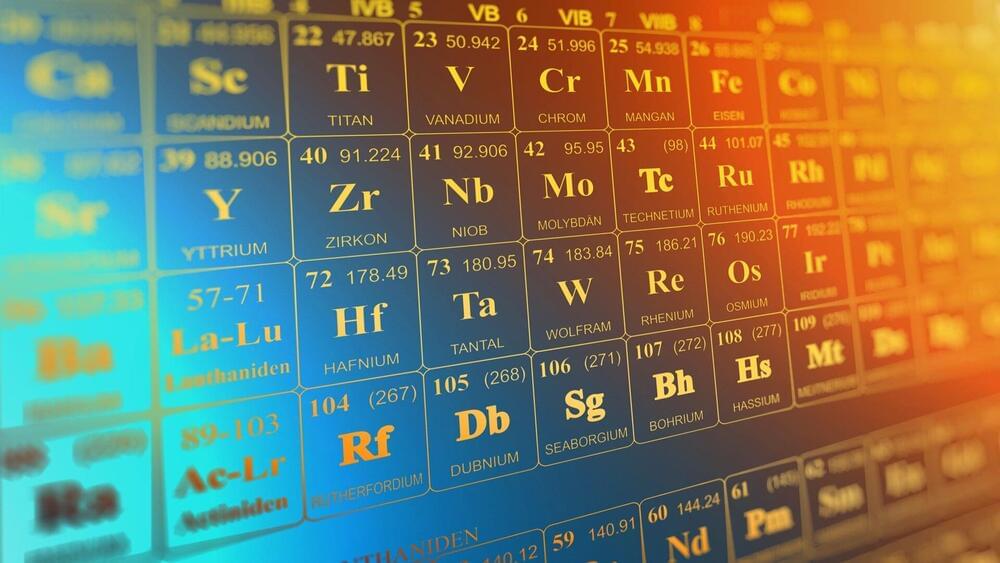Materials that can conduct negatively charged hydrogen atoms in ambient conditions could pave the way for advanced clean energy storage and electrochemical conversion technologies. A research team from the Dalian Institute of Chemical Physics (DICP) of the Chinese Academy of Sciences (CAS) demonstrated a technique that enables a room-temperature all-solid-state hydride cell by introducing and exploiting defects in the lattice structure of rare earth hydrides. Their study was published in Nature on April 5.
Solid materials that conduct lithium, sodium and hydrogen cations have been used in batteries and fuel cells. Under certain conditions, some of the materials transition to superionic states where ions move as fast as they do in liquids by skipping through the rigid crystal structure. This phenomenon is advantageous for chemical and energy conversions as it allows ions to move without a liquid or soft membrane to separate the electrodes. However, few solid-state materials can reach this state under ambient conditions.
“Materials that exhibit superionic conduction at ambient conditions would provide huge opportunities for constructing brand new all-solid-state hydride batteries, fuel cells and electrochemical cells for the storage and conversion of clean energy,” said Prof. Chen Ping, study author from DICP.
